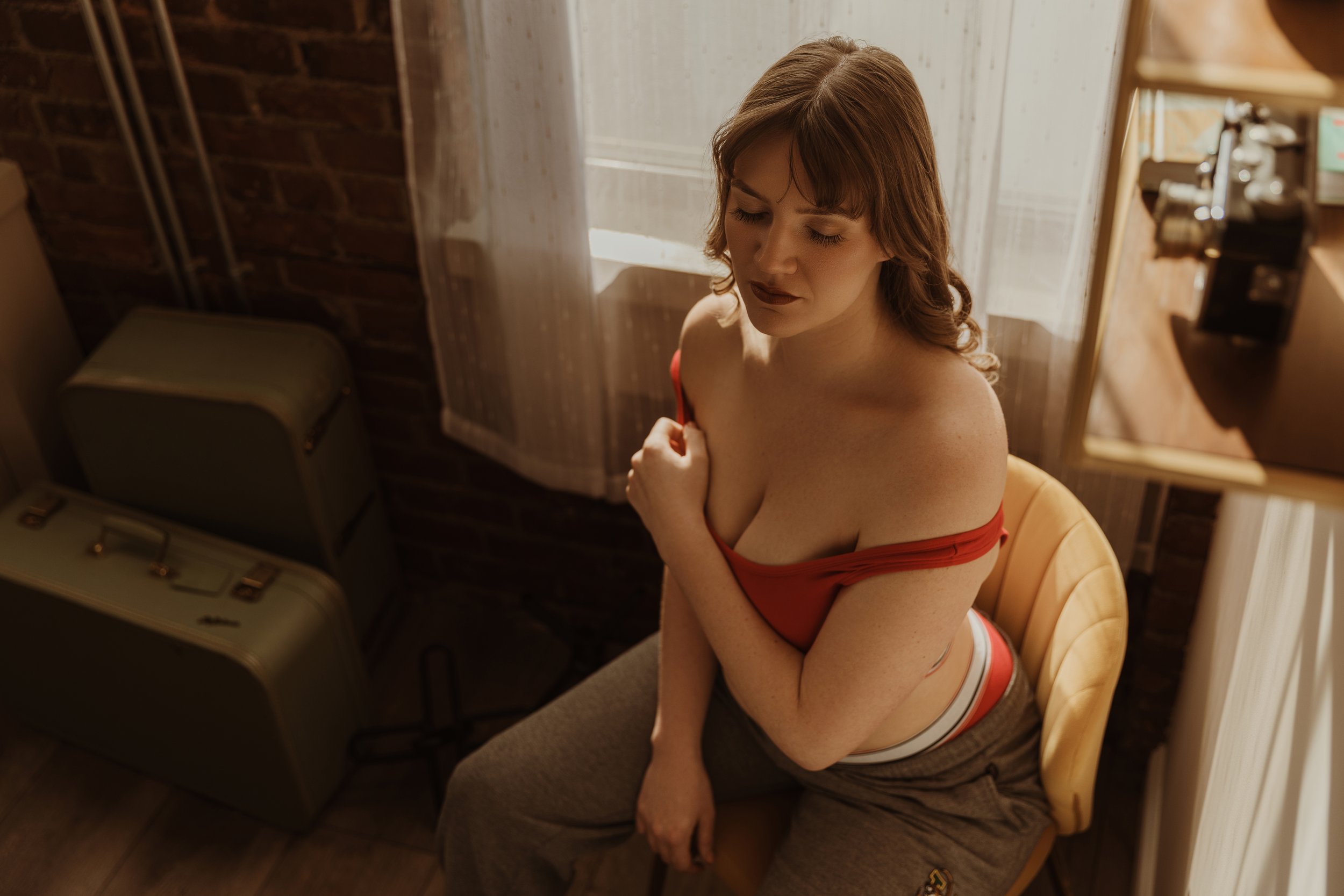The Silent Struggle: Body Dysmorphia & Mental Health
Among the many challenges individuals face in today’s image-conscious world, body dysmorphia stands out as a profound yet often overlooked condition. It can be a nearly disabling preoccupation with our perceived defects or flaws in appearance.
What is Body Dysmorphia?
Body dysmorphia is more than just feeling self-conscious about one’s appearance; it goes much deeper than that. It is a daily battle against relentless and intrusive thoughts about perceived flaws, which are often exaggerated or non-existent to others. People with body dysmorphia may spend excessive amounts of time scrutinizing their appearance, avoiding social situations due to insecurity, seeking reassurance about their looks, and engaging in compulsive behaviors like grooming, dieting, or even seeking out cosmetic procedures. Despite any compliments or external validation they receive, people struggling with body dysmorphia find it challenging to accept that their perceived flaws are not as severe as they believe them to be.
Understanding the Emotional Impact
The emotional toll of body dysmorphia is immense. Imagine being trapped in a never-ending cycle of negative self-talk, feeling unworthy, and constantly comparing oneself to unrealistic beauty standards portrayed in the media. The battle against their own mind can leave individuals feeling isolated, ashamed, and hopeless. Moreover, body dysmorphia can significantly impact one’s ability to function in daily life. Relationships may suffer. School or work performance may decline. Or worse.
Changing the Societal Standard
Even something as subtle as a Snapchat filter portrays to us that there is an "ideal" body, fueling feelings of inadequacy and distorting our perception of reality. Over the last couple of decades, I think major brands are shifting to a more body-positive message. But we have so much work to overcome generational conditioning and body shaming. We must continue open conversations about mental health, body image, and self-acceptance, especially with our children and loved ones.
Your Boudoir Photographer’s Perspective
Over the last few years, I have had clients of all shapes and sizes enter through the studio doors. Yet despite their physical differences, what they share in common is a relationship with their body that is in need of some TLC. Before your boudoir session, you will be sent a questionnaire that asks what parts of your body you love, and what are those body parts you struggle with. At your session, we will be sure to capture images of all those favorite parts of you, but we will also challenge you with poses that incorporate those parts that you have a hard time accepting. We promise when you see your final images, you will love yourself in ways you could never have imagined. Whether you are a size 2 or 22, you are your own work of art!
One Last Thing…
If you or someone you know is experiencing body dysmorphia or any other mental health issue, remember that there is help available. Don't hesitate to seek support from mental health professionals or helplines. If you are local to Fairfield County, we suggest reaching out to Coastal Connecticut Counseling or LIFT Wellness Group.
Together, we can work towards a safer space for everyone to embrace their uniqueness and live their lives to the fullest!



